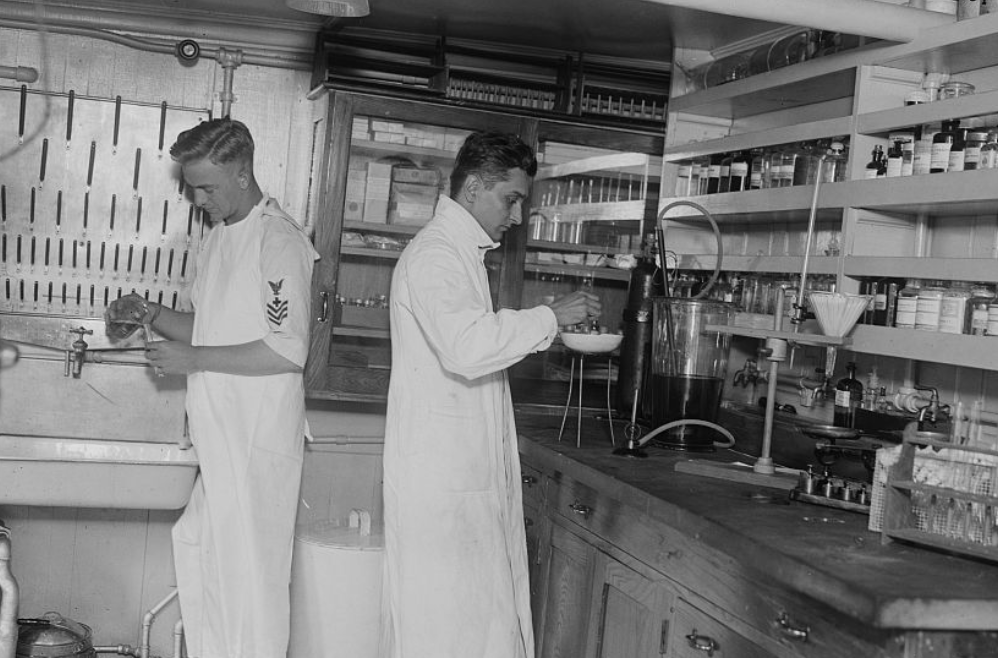1117: 2/2: #ClassicScience: What could go wrong with FOIA & What is to be done? Patrice McDermott, openthegovernment.org @ScienceMagazine.

Photo: No known restrictions on publication.1900. Pathological laboratory - COMFORT http://JohnBatchelorShow.com/contact http://JohnBatchelorShow.com/schedules Parler & Twitter: @BatchelorShow 2/2: #ClassicScience: What could go wrong with FOIA & What is to be done? Patrice McDermott, openthegovernment.org @ScienceMagazine. http://science.sciencemag.org/content/353/6294/35.full President Lyndon Johnson signed the first FOIA on 4 July 1966, enshrining in law the public's right to access to information from executive branch government agencies. Scientists and others around the world can use the FOIA to learn what the U.S. government has done in its policies and practices. Proposed reforms should be a net benefit to public understanding of the scientific process and knowledge, by increasing the access of scientists to archival materials and reducing the likelihood of science and scientists being suppressed by official secrecy or bureaucracy.